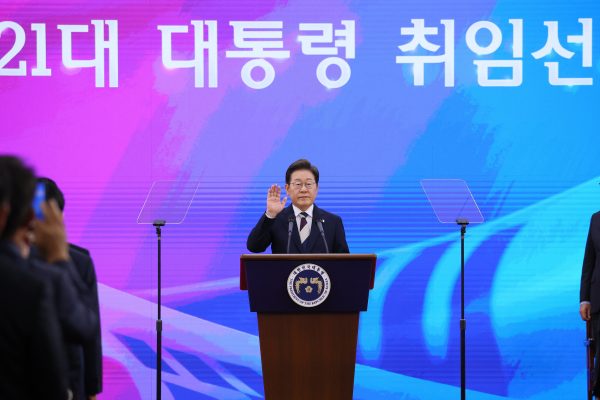In June 2024, Lee Jae-myung, then the leader of the Democratic Party of Korea, declared that under then-President Yoon Suk-yeol “$10 billion in aid to Africa eventually disappears into thin air.” More than criticizing the Yoon administration, Lee was signaling a sharp break from South Korea’s steadily expanding development aid commitments. Following Yoon’s impeachment, Lee’s successful 2025 presidential campaign proposed repurposing foreign aid money to “promote the Korean wave,” suggesting using the funds to spread cultural influence – a notable shift from traditional humanitarian aid priorities.
Two months into the Lee administration, South Korea’s official development assistance (ODA) faces unprecedented scrutiny. In July 2025, the administration launched a comprehensive investigation into the country’s development aid programs and examined reports of corruption within the Korea International Cooperation Agency (KOICA), part of a broader probe into Yoon’s alleged fund misuse. The presidential office is reportedly considering slashing portions of the 6.5 trillion won ($4.8 billion) aid budget to fund defense spending increases as a part of recent “package deal” negotiations with the United States.
As the Lee administration confronts growing domestic pressures, the current rerouting of aid and investigation of development assistance funds can be seen as part of the ongoing attempt to draw a line under the political and ethical fallout of the Yoon government. Yet at stake is the long-term trajectory of South Korea’s long-trusted development model, the billions committed in funding tangible development needs, Seoul’s credibility in the Global S
Continue Reading on The Diplomat
This preview shows approximately 15% of the article. Read the full story on the publisher's website to support quality journalism.
